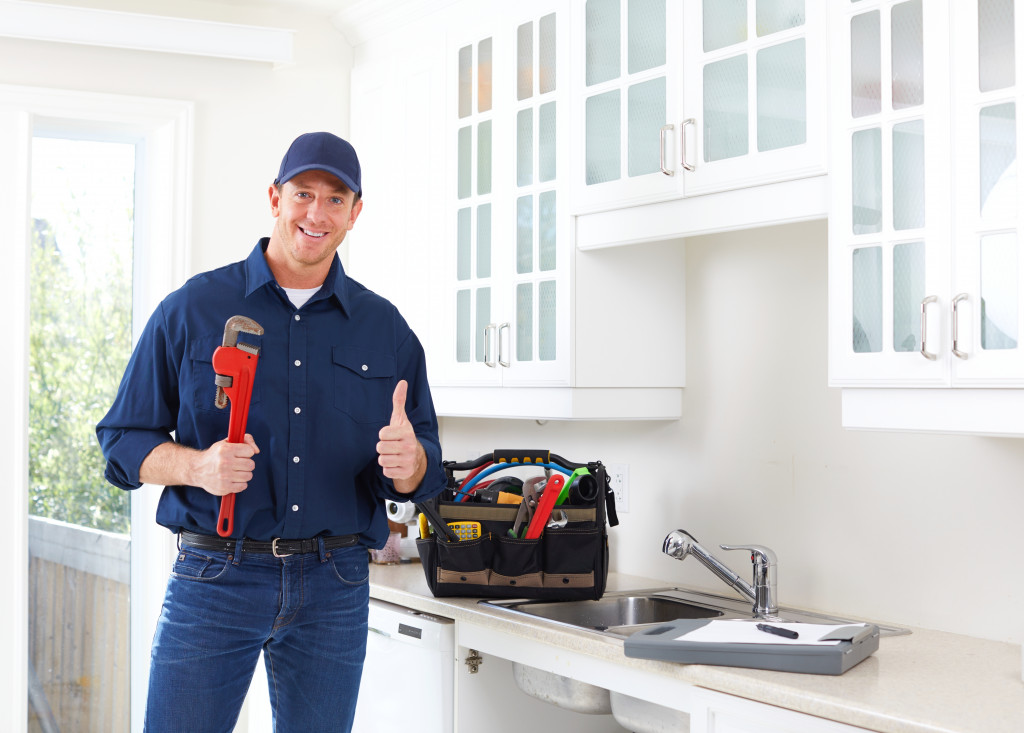Unless you live in a bubble the past ten years, you probably have been impacted by the coronavirus pandemic. Even businesses we thought of as resilient have to cut jobs and expenses. Nothing remains untouched by this pandemic. But if there is one hardest-hit industry, it is service-based businesses. With social distancing measures in place, service-based businesses have a hard time providing the service their clients expect from them. Whether it’s a cleaning service or home spa services, these businesses have to craft policies and guidelines to protect their workers and clients.
Apply a People-First Mindset
The priority of a business during the pandemic is the safety of its workforce. Now that the government allows businesses to open fully again, the management must craft a plan to ensure that their workers are safe. While most businesses can put their employees on a work-from-home setup, service-based businesses cannot. They need to either offer home services or ensure that their facilities are pandemic-proof.
Now is also a better time to look at the geographical segmentation of business processes and tasks. It is easier to apply a people-focused mindset when you know where your employees live and what their work comprises. For example, if three of your employees live near each other, why don’t you empower them to work as a team? This way, you can cover areas without necessarily needing them to go to the office.
Invest in Personal Protective Equipment (PPE)
Protecting your employees is not just about keeping them in their homes. Workers of service-based businesses need to be out there to do their job. The best way to protect them is to invest in PPE suits, personal air purifiers, masks, and face shields. A handyman who needs to service a client will need a full PPE from head to toe. This will ensure that everyone in that house—your employee and clients—are safe from transmitting the virus to one another.
Another thing that service-based businesses have to invest in is regular testing. Using either rapid or swab tests will assure the employees that you care about their health and safety. Plus, it will also do your marketing strategies well if you can show your clients that you ensure their safety by regularly testing the same people they have to deal with.

Communicate with Clients
Once clients understand the safety precautions you need to take as a business, they will be more open to working with you. Customers are generally more empathetic to disruptions in business processes, especially during these extraordinary times. If it involves their safety, they will work with you to ensure that everyone is safe when transacting with your business. This is especially true for home services.
They may have specific questions about your protocols and guidelines. Is it guided by the government’s own policies? What impact do these protocols have on the quality of your service? These are the kinds of things that you must share with your clients.
Design a Response Strategy for the Future
This coronavirus pandemic is a wake-up call. It should force service-based businesses to look at the safety of their processes and transactions. It should also highlight the need for a resilience plan that can address future pandemics. Some examples of a resilience plan are to transfer the workforce from the main office to the local branches or to start a work-from-home program for those whose tasks allow it.
The pandemic will recreate the world as you know it. Businesses have to answer to this shift in consumer demands to survive and thrive in the next few years. In particular, service-based businesses have to reassess their processes to fill the gaps in safety and precautions.

